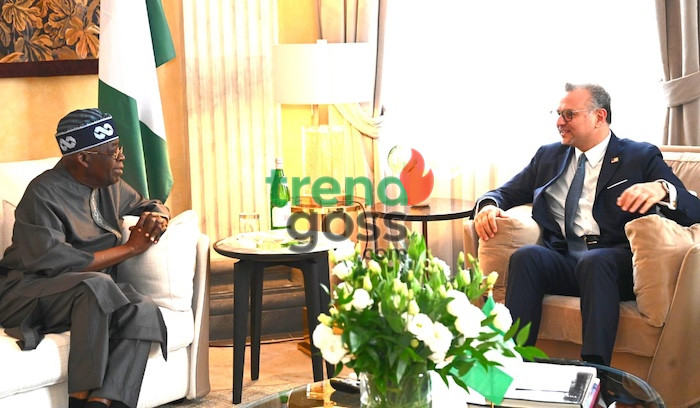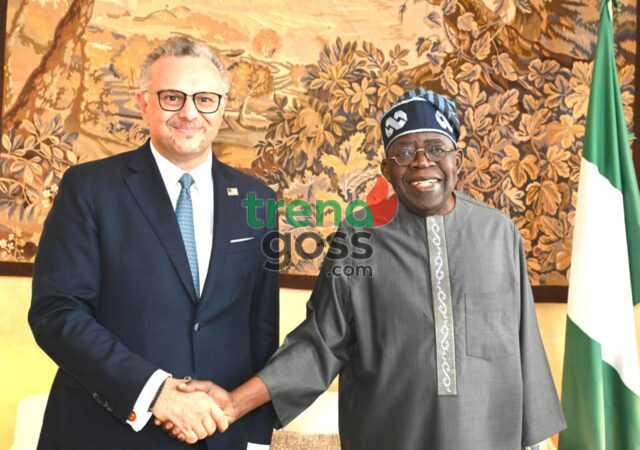The Senior Adviser for Energy and Investment at the U.S. Department of State, Ambassador Geoffrey Boulos, has commended President Bola Tinubu’s administration for its renewed commitment to tackling insecurity across Nigeria, especially in the Middle Belt and Northern regions.
Speaking during a press briefing in Abuja, Boulos emphasized that while incidents of farmer-herder clashes in the Middle Belt are deeply concerning, they are not necessarily targeted against a specific group. He urged Nigerians to unite in ending the cycle of violence.
“Any loss of life is too many — even one is too many. We must work together in partnership to put an end to this,” Boulos said.
He noted that the Tinubu-led government has deployed additional resources to conflict-prone areas, leading to noticeable improvements in security. Boulos appreciated these efforts and reaffirmed the United States’ commitment to continued collaboration with Nigeria.
“Nigeria has lived harmoniously for centuries with diverse ethnic and religious groups. This issue should not be seen through a religious lens. We appreciate what President Tinubu has done and will continue to support Nigeria in addressing insecurity,” he added.
U.S.–Nigeria Partnership on Counterterrorism
Ambassador Boulos disclosed that discussions with President Tinubu centered on strengthening cooperation in counterterrorism and regional security. He expressed concern over the growing instability in the Sahel and Lake Chad Basin, describing it as a global issue that requires collective response.
“We have been working very closely with the Nigerian government on countering terrorism. What is happening in the Sahel and Lake Chad Basin is of serious concern, not only to Africa but to the entire world. We will continue to cooperate to combat this challenge,” he said.

Focus on Gulf of Guinea Security
On maritime safety, Boulos highlighted ongoing U.S.–Nigeria cooperation in securing the Gulf of Guinea, stressing that maritime security remains vital for regional stability and trade.
He disclosed that both nations have established strong frameworks for intelligence sharing, joint training, and technology-driven surveillance, while several programs are being expanded to address emerging maritime threats.
“We’ve done a lot together — information sharing, training, and technology. Nigeria’s recent purchase of maritime equipment from the U.S. will further strengthen operations. We hope to deepen this partnership,” Boulos stated.
The U.S. envoy reaffirmed America’s commitment to supporting Nigeria in protecting trade routes, combating piracy, and promoting economic stability across the Gulf of Guinea and West Africa






